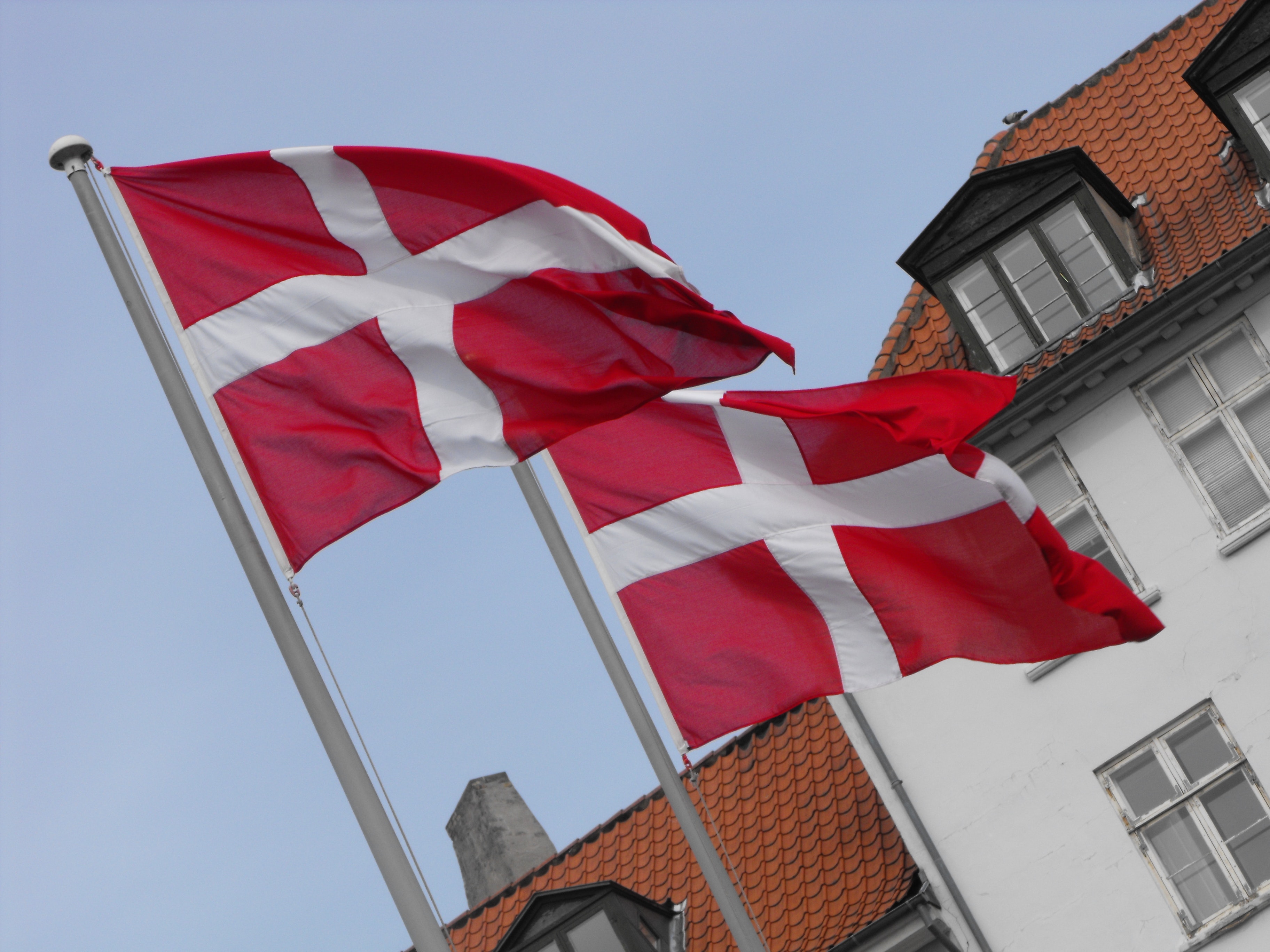Leftist to grab win in Denmark's parliamentary election

- Country:
- Denmark
Pledges by Social Democratic leader Mette Frederiksen, heading the opposition centre-left bloc, to boost welfare spending after years of cuts and stick to a tougher stance on immigration have gone down well with many Danes. Polls indicated Frederiksen, 41, will win the election and replace current Prime Minister Lars Lokke Rasmussen of the Liberal Party. Support for Frederiksen's party alliance stood at 54.7% shortly before voting began, according to an average of polls published by Berlingske Barometer.
Josefine Kaspersen, 21, was the first person to cast her vote at the City Hall in Copenhagen on Wednesday. "The welfare system needs better leadership. They only talk about the need for more money, but what we really need is better leaders," said the environmental studies student, who cast her vote for a left-wing party.
The Nordic model has been the gold standard for welfare for many left-leaning politicians globally. But ageing populations have prompted governments to chip away at the cradle-to-grave welfare state. Economic reforms since the early 2000s, encouraging people to work longer in part by raising the retirement age and cutting unemployment benefits, have generated economic growth above the European Union average and established sound public finances.
But spending cuts by successive governments have led to more people paying out of their own pockets for what used to be free. "I love the welfare society, I profess to it and I am a child of it...But the money to finance welfare doesn't just fall from the sky," premier Rasmussen said in a speech to a metal workers' union.
He was met with boos from the audience when he accused the Social Democrats of making Denmark poorer. Despite the criticism, he maintained his proposal to form a governing coalition with the Social Democratic Party to help curb the influence of smaller, more extreme parties.
However, Frederiksen has repeatedly dismissed this idea and has been campaigning to form a minority government consisting only of her own party. "I don't think it is serious," she told reporters before casting her vote.
Many Danes, who like counterparts in other Nordic states pay some of the highest taxes in the world to underpin their welfare system, are saying enough is enough. They worry that further austerity will erode the universal health care, education and elderly services long seen as a given. "It's obvious we need to start spending again," Frederiksen told Reuters in an interview last week while campaigning.
Rasmussen, 55, who has been premier since 2015 and also served from 2009-2011, may hope for a repeat of the outcome in last week's European Parliament elections. LIBERALS TOPS IN EU ELECTION, NOT AT HOME
Contrary to opinion polls, the Liberals overtook both the Social Democrats and the anti-immigration Danish People's Party (DF) to become the biggest Danish group in the EU assembly. The staunchly pro-Europe Liberals benefited from record-high support for the EU in Denmark, but that recipe for success is unlikely to work in Wednesday's national vote.
In Finland, the Social Democrats won the April election, their first victory in 20 years, after campaigning on a platform of tax hikes to meet welfare costs. In neighbouring Sweden last year, the Social Democrats managed to cling to power after embracing policies more typical of the right, including tax cuts and labour market reforms.
Frederiksen has taken a harder line on immigration to lure back some voters from nationalist parties like DF. Frederiksen's party backed tougher legislation on refugees and immigrants passed by Rasmussen's centre-right minority government, which relied on DF support.
This included a ban on wearing the body-covering Islamic burqa and niqab face veil in public, as well as a so-called "jewellery bill" that allows police to seize refugees' valuables to help pay their costs. Both the Social Democrats and Liberals said the stricter policy on immigration would help protect the welfare system.
Pensioner Bente Christiansen, who also voted at the Copenhagen City Hall on Wednesday morning, said: "We must respect everyone in Denmark, but make sure not to give up on our own Danish values." Eyes will also be on Stram Kurs (Hard Line), a new far-right party that among other things wants Islam banned and hundreds of thousands of Muslims deported. Polls have suggested Stram Kurs could garner enough votes to win seats in parliament.
Polling stations close at 8 p.m. (1800 GMT), followed immediately by two exit polls. Public broadcasters DR and TV2 will give initial estimates of the results later in the evening, with a reliable, preliminary outcome due to be announced around 11 p.m. (Reporting by Jacob Gronholt-Pedersen, Stine Jacobsen and Andreas Mortensen Editing by Angus MacSwan)
(With inputs from agencies.)
- READ MORE ON:
- Mette Frederiksen
- Voter turnout
- Voter registration
- League of Women Voters
- Nordic countries
- Nordic American Tanker Ltd
- Valparaiso Region
- Regions of France
- Bloc Hotels
- Eastern Bloc
- Parliamentary opposition
- Square of opposition
- Social Democratic Party
- Lars Lokke Rasmussen
- Nordic
- region
- opposition
- Social Democratic










